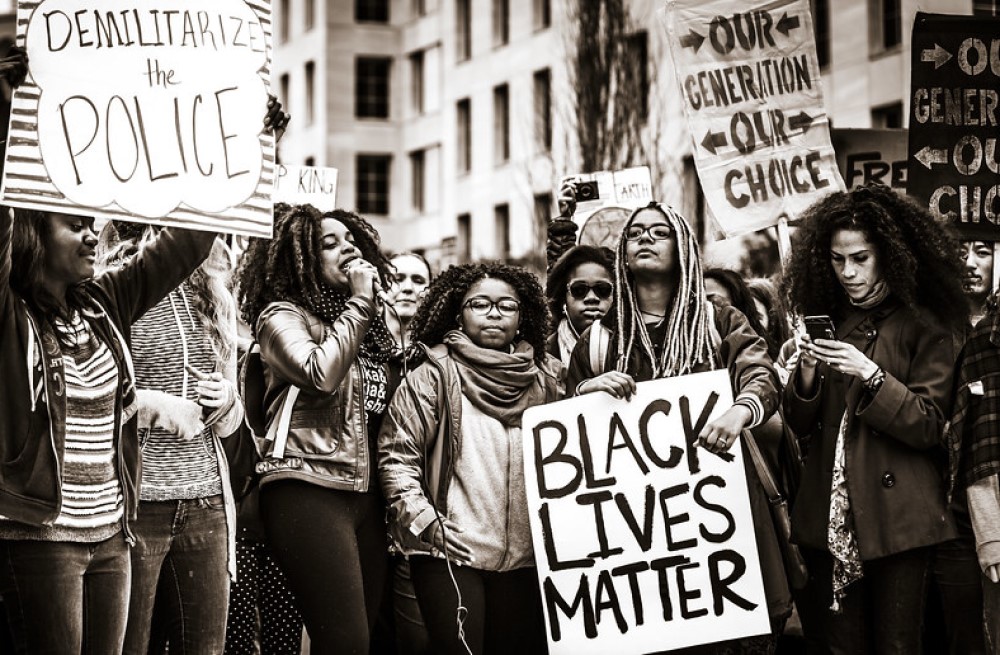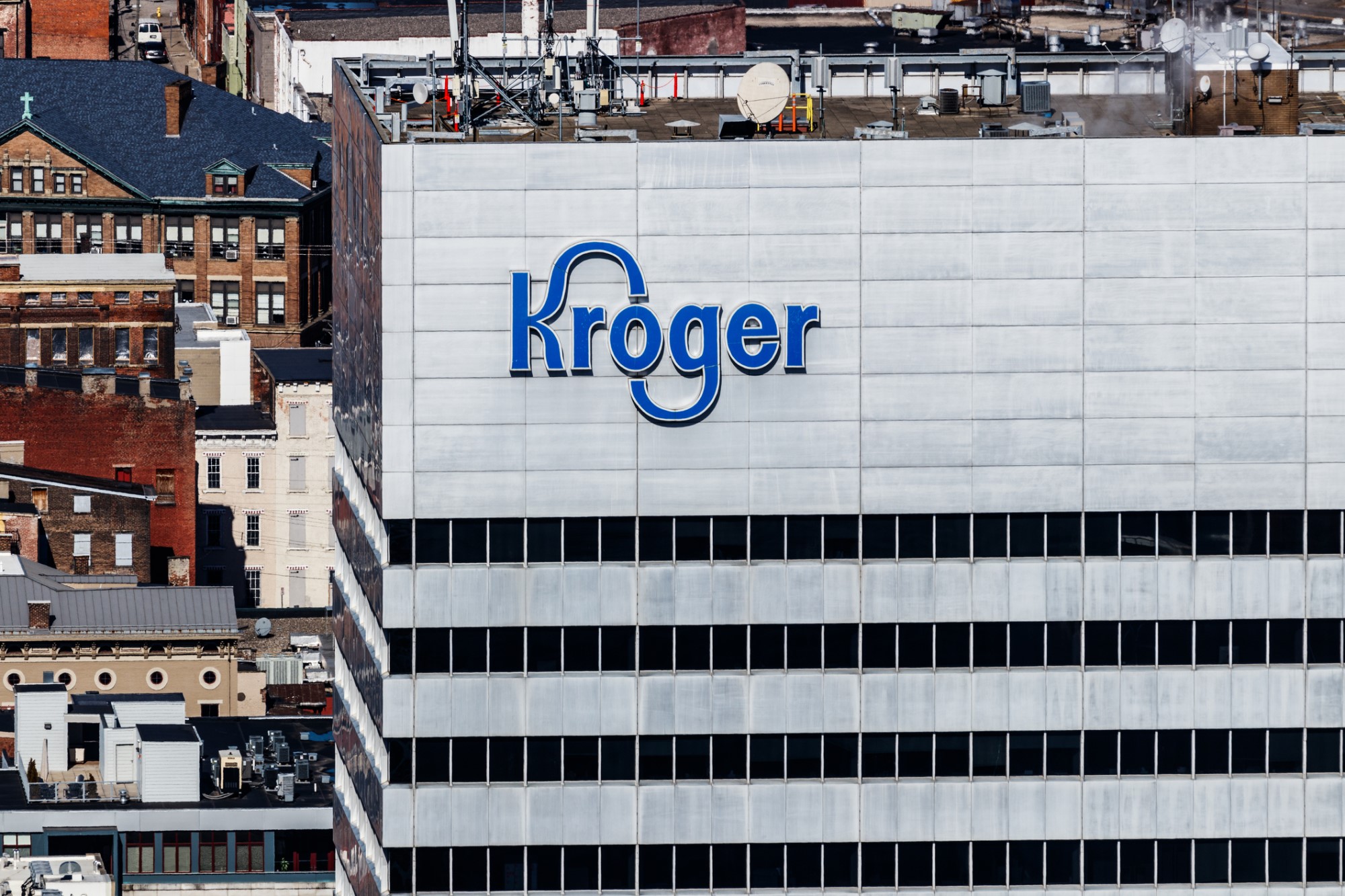Black Lives Matter
Our mission at the Prindle Institute for Ethics is to foster ethics education, dialogue, and research. We spend our days discussing questions that expand our understanding of morality, our own values, and the values of the communities we live in.
Sometimes these questions are abstract and help us clarify what sorts of values we think are most important. Would you sacrifice one person on a trolley track to save five on another track? Most of the time, though, we discuss questions raised by real-world problems. In 2020, our nation faces an overwhelming number of ethical questions.
The questions we face as a nation relating to police violence and use of excessive force are not abstract. They are urgent. Some of these questions raise difficult moral dilemmas for which the answers are not clear. How much power should police have? What is the role of a police force in a just society? The answers to these questions are not easy to find, and we will continue to join in the work of figuring out the moral answer for as long as it takes.
However, we also face issues that are not in question, that are not up for debate. They are deeply concerning to our Institute because the point of ethics education (and higher education generally) is to help sustain a free democracy and a just society. Those of us at the Prindle Institute and anyone working in higher education should never lose sight of that purpose, and when our country seems to fail in that purpose, we should not be silent. There are unequivocal statements of value that we can make:
Black lives matter.
American’s rights are being violated by some of the very people who are appointed to safeguard those rights. We extend our deepest condolences to the families of Mr. Arbery, Mr. Floyd and Ms. Taylor, and to the victims of unjust violence everywhere.
Dr. Andrew Cullison, Phyllis W. Nicholas Director of The Janet Prindle Institute for Ethics at DePauw University





